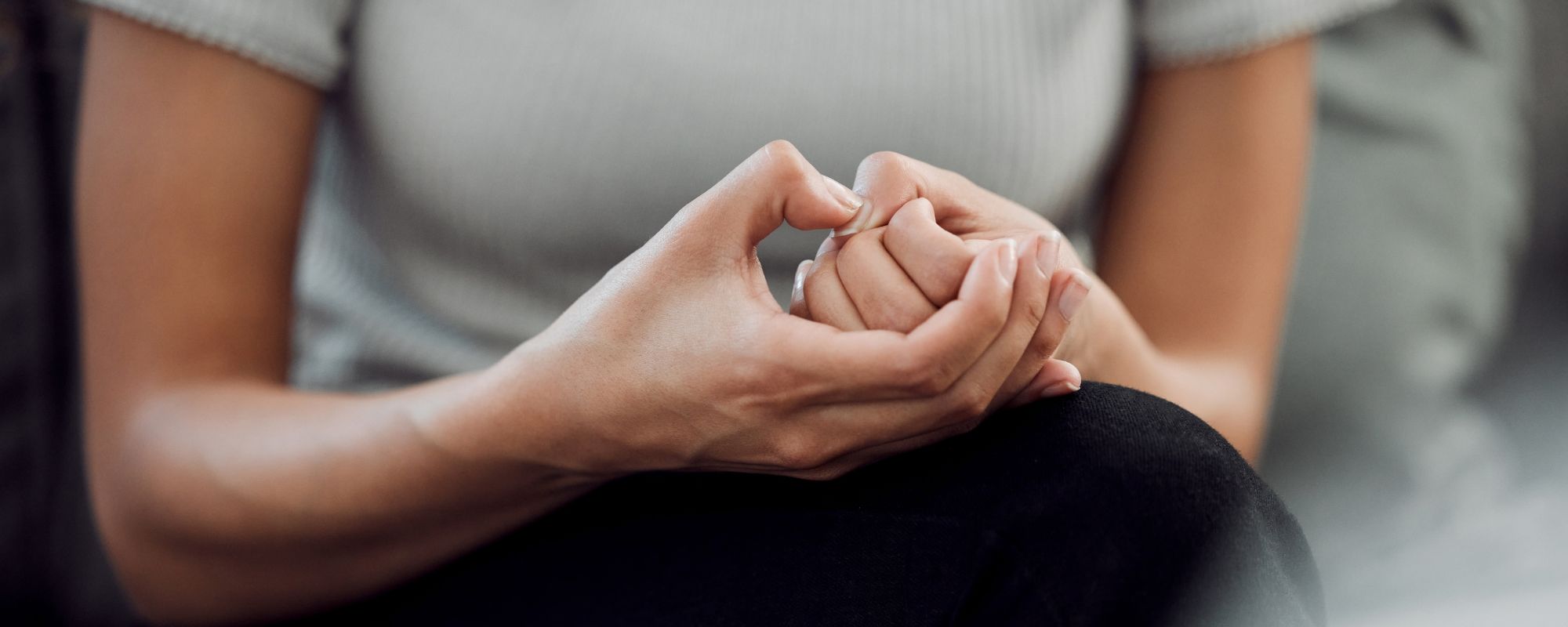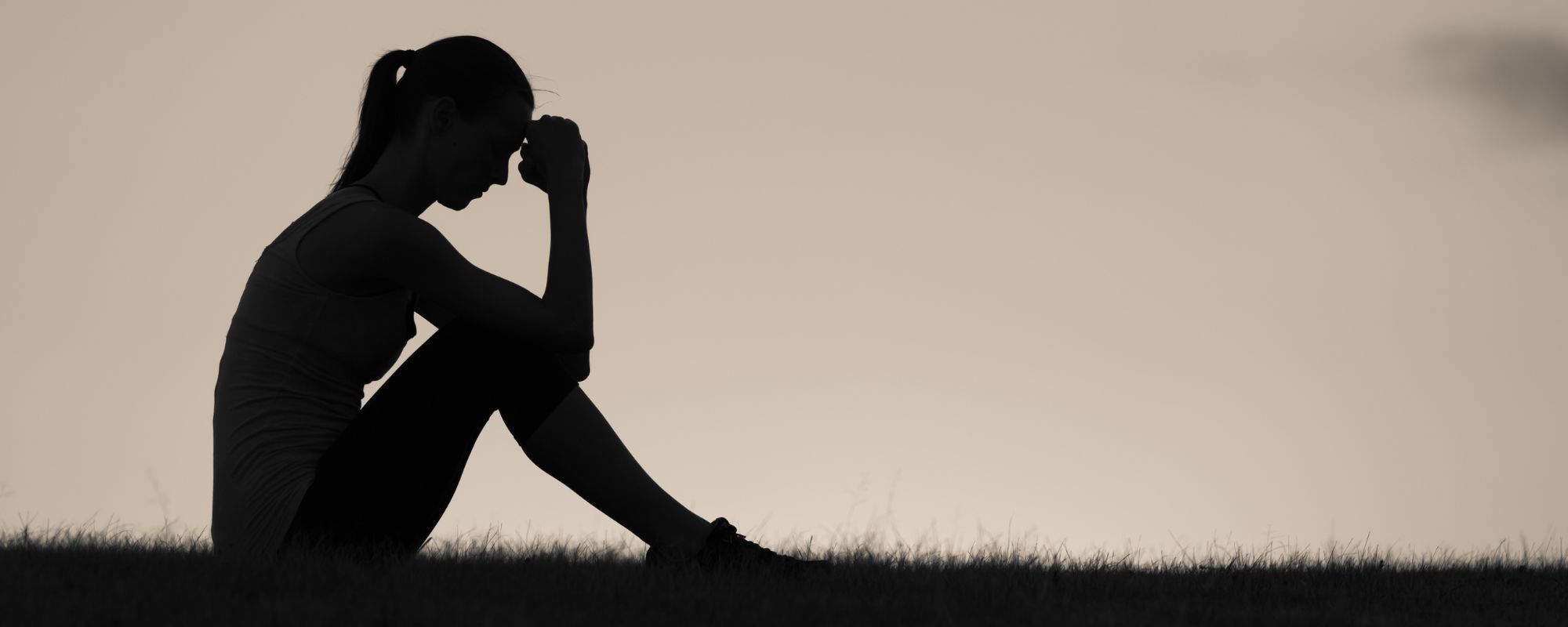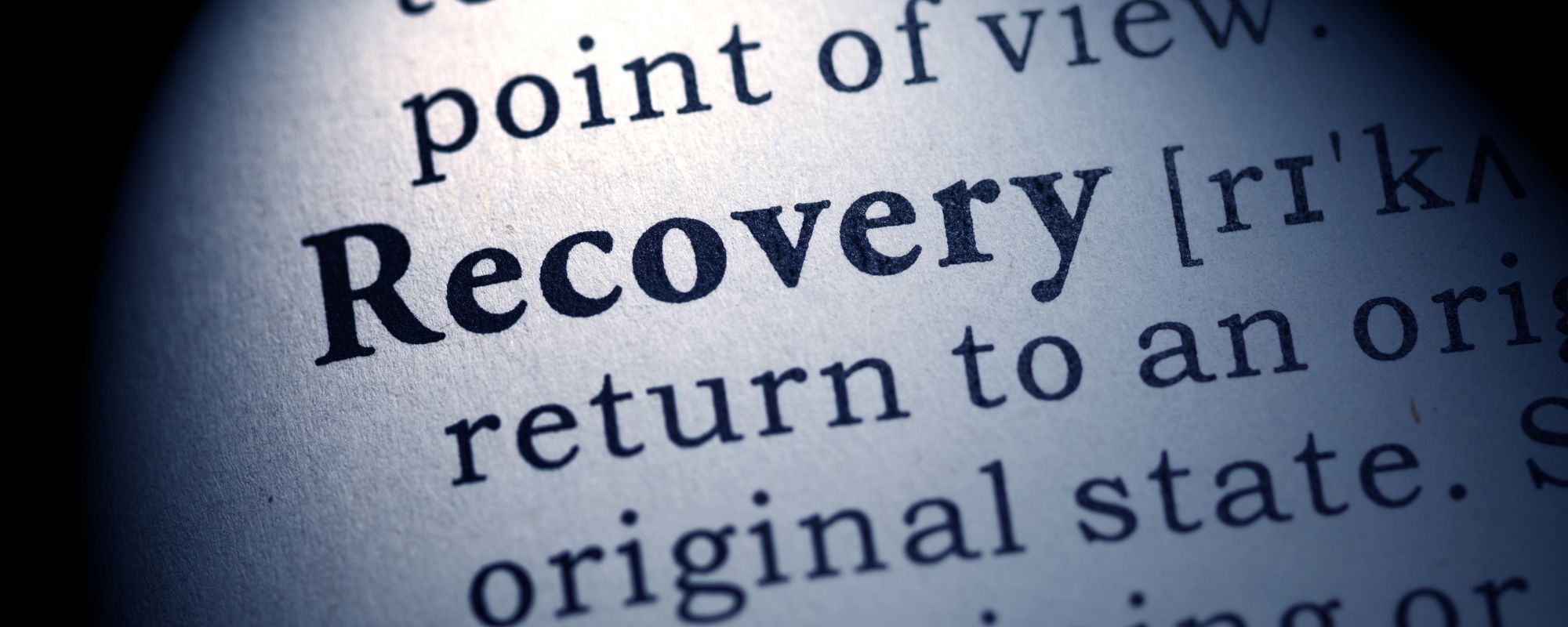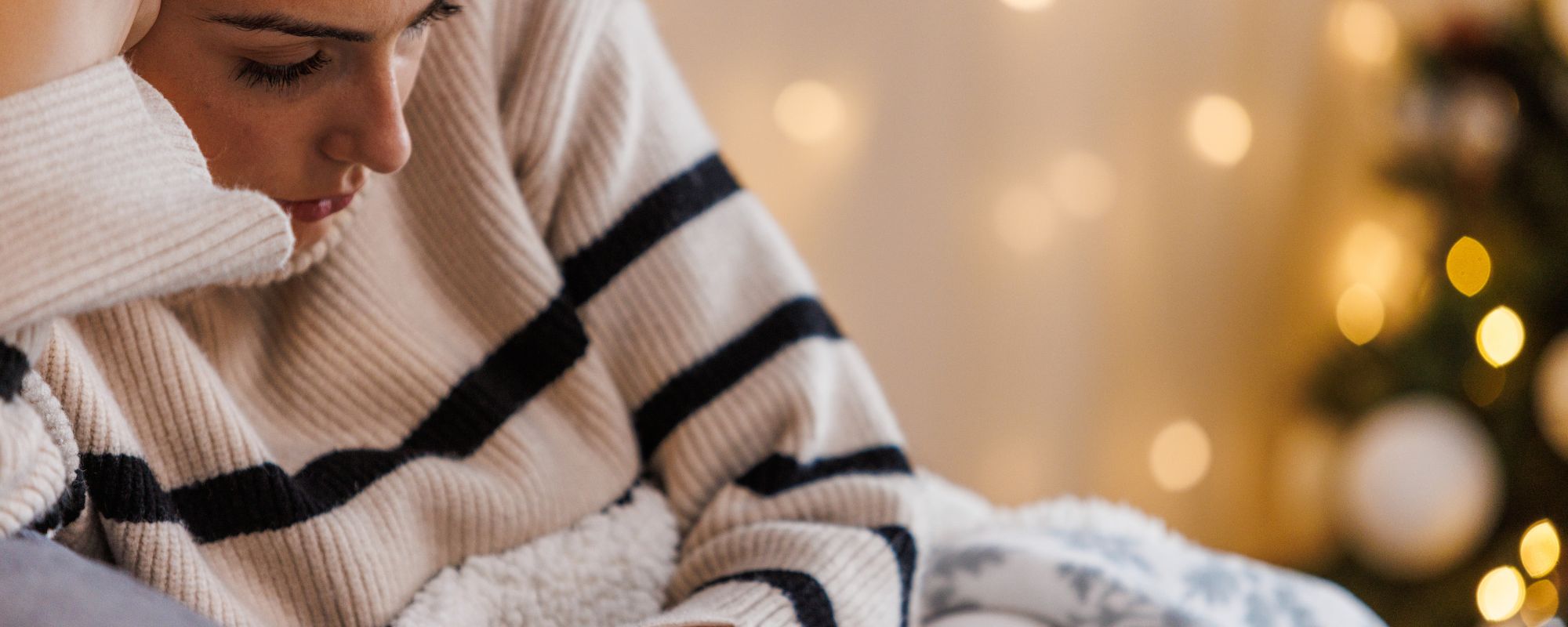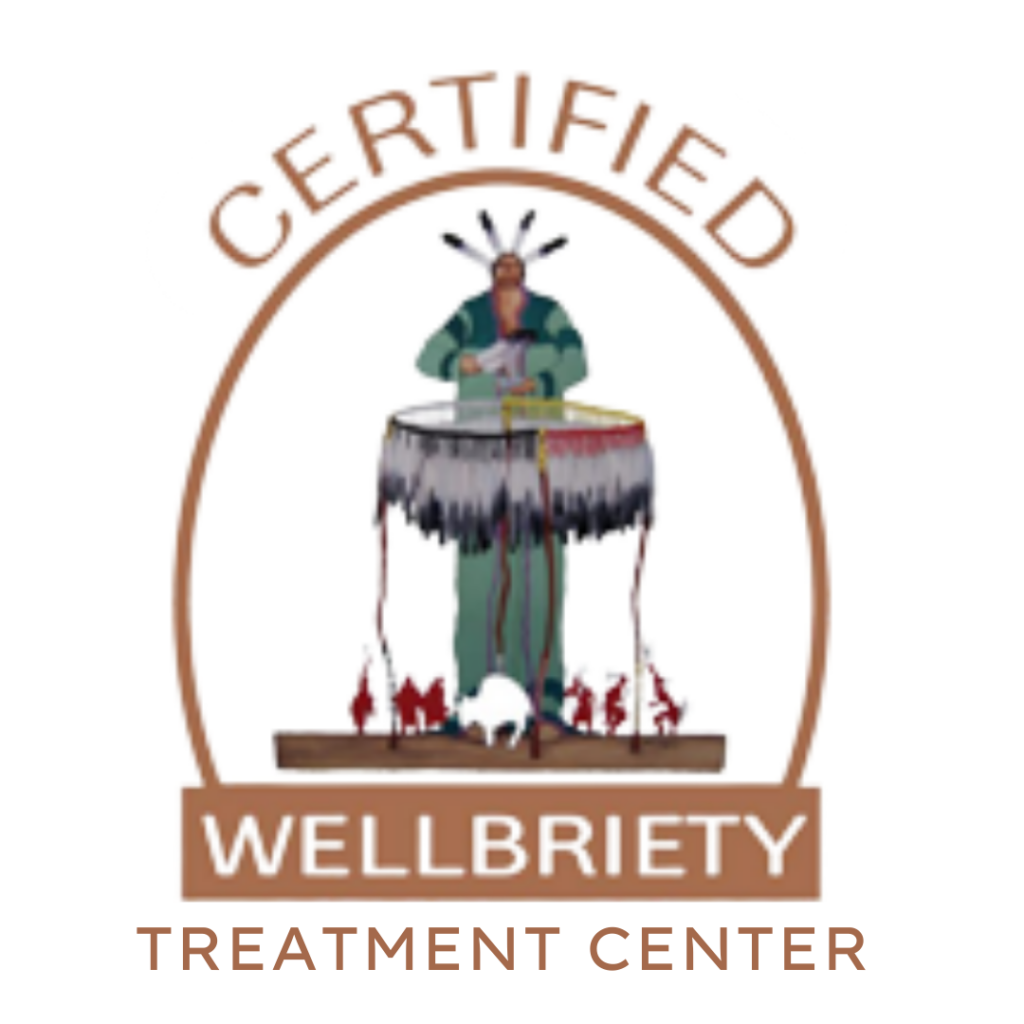Building healthy relationships is a difficult, but necessary, part of recovery. Positive people whom you can trust and count on are a necessary component of your support network, essential to long-term recovery. It is possible that you burned some bridges while in active addiction, but these bridges can be rebuilt. You can also build new relationships with new people.
Set boundaries for yourself.
It may be hard, but don’t let that toxic person back in. This person might be a friend you used to use or drink with or a family member with whom you had a codependent relationship. It’s important that you are able to recognize which relationships are good for you and which ones are not good— or even bad— for you. Your emotional (and physical) health comes first, and if that means that you need to limit your communication with certain people, or remove them from your life altogether, so be it. Know when to walk away and do what’s best for you. Setting boundaries is the most important thing you can do to build a healthy relationship, everyone should have boundaries.
Your therapist is your therapist for a reason.
That reason? So you don’t treat another person as your therapist. It’s important that you feel comfortable in confiding in at least one person who isn’t your counselor, but you need to be conscious of the fact that this person is (probably) not a therapist. Whether a parent, friend, or partner, this person is incapable of shouldering all of your emotional weight. By always using them as your first point of contact, you run the risk of overwhelming them, especially when the issue may not be something they can help with.
Of course, they want to be there for you, and it’s important to let things out even when you’re not seeking advice, but respect their unconditional support by sometimes first reaching out to a professional when something comes up. Feel comfortable talking to people close to you, but ask them beforehand if you can talk to them, rather than sharing something heavy without notice.
Keep expectations open and reasonable.
Healthy relationships depend on effective communication. Don’t expect or assume that everything that you are communicating is going to be received the way it is intended. Be clear and direct so that there isn’t room for your meaning to be misconstrued. This should apply in all areas, not just recovery-related topics or feelings. Also, don’t keep your past a secret. How much you share with any given person is up to you, but if you are seeking to add more than acquaintances to your life, you’ll need to be honest about recovery. You’ll also need to use your best judgment when it comes to how much you want to share about your recovery journey.
Remember that while you don’t owe anyone an explanation, you should be upfront about certain things to avoid complications down the line.
Be the friend/partner/family member you want to have.
In recovery, you get to know yourself in different ways and re-discover who you are. As you build on life skills and personality traits, you will start to develop a better understanding of yourself; as you do this, it will be more clear to you how you can change your behaviors and actions so that you start to look like someone you would want to spend time with. The most important healthy relationship to have is the relationship with yourself.
Building healthy relationships is just one topic that might be covered at a group therapy session at Royal Life Centers at the Haven. Our holistic, evidence-based approach to therapy helps guests to learn life skills such as this, and we place emphasis on getting to the root of substance use disorders. We are a full-service drug and alcohol medical detox facility and treat dependence on alcohol, cocaine, benzodiazepines, methamphetamine, and opioids. Please reach out to us at (877)-RECOVERY any time with questions or concerns that you may have.













